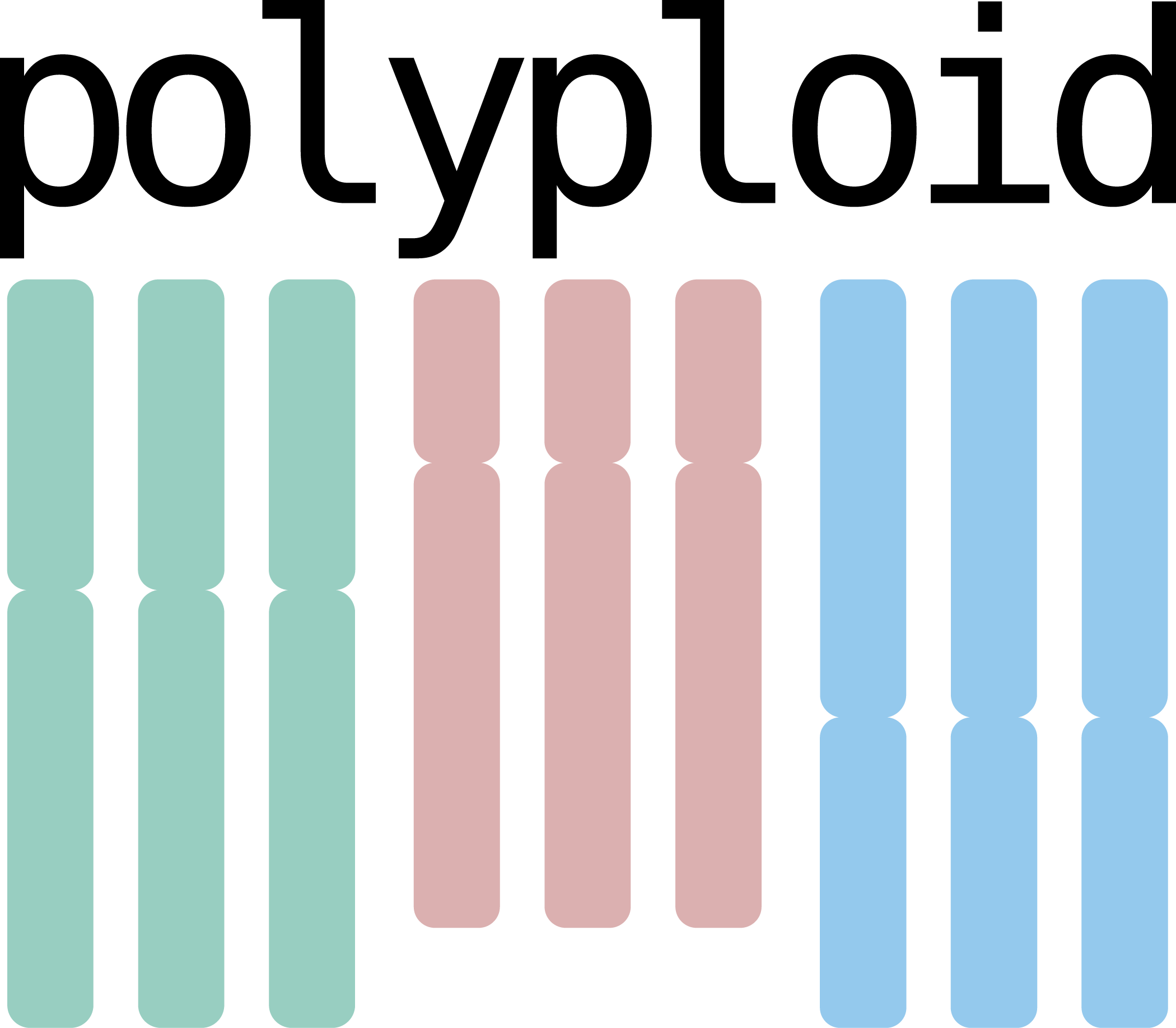THE POLYPLOIDY PARADIGM
AND ITS ROLE IN PLANT BREEDING


Growing knowledge about plant polyploidisation
Plants can undergo spontaneous chromosome number duplication, or polyploidisation, which acts as a major evolutionary trigger. In fact, all seed plants have experienced at least one round of whole genome duplication in their history. The phenotypes of the polyploid individuals often exceed the range found in the original parental plants (they are more vigorous, have larger organ sizes, higher tolerance to biotic and abiotic stress, or more versatile reproductive strategies). Therefore, polyploidisation can be a useful tool for plant breeders, who are aware of its potential for crop improvement. The EU-funded POLYPLOID project will study the natural and newly synthesised polyploid series of various crop and model species. The aim is to fill the knowledge gaps about non-model species regarding chromosomal restructuring, gene loss, genetic and epigenetic modifications, gene expression, physiological adaptation and ecological features. The project will encourage a synergy between interrelated European and international expertise, with the ultimate goal to facilitate plant breeding.
Objective
Polyploidization is a major force in the evolution of both wild and cultivated plants and a valuable tool for plant breeders. The objectives of our project are: i) to study the genetic and epigenetic structure of natural and recently synthesized polyploid series of several species that have been extensively characterized in the past few decades from physiological, reproductive and ecological aspects; ii) to fill the gaps in the information on non-model species regarding: chromosomal changes, gene loss, gene expression, methylation and physiological changes and ecological features emerging after polyploidisation and iii) to understand the genetic network controlling the triploid block (i.e., a biological barrier inhibiting the formation of viable triploids after fertilization involving diploid unreduced gametes). The overall goal of the proposal is to allow for a synergy of inter-related European and international expertise to better understand the mechanisms of polyploidization and to facilitate the application of this increased knowledge in plant breeding.


This project has received funding from the European Union’s Horizon 2020 research and innovation programme under the Marie Skłodowska-Curie grant agreement No 101007438
